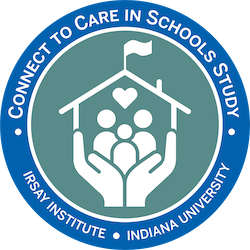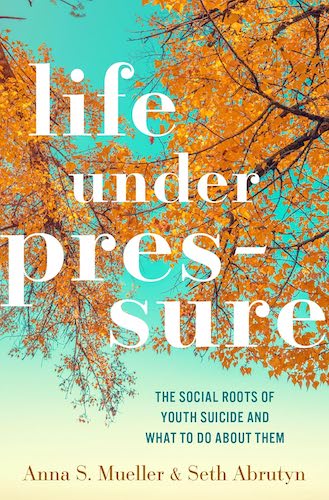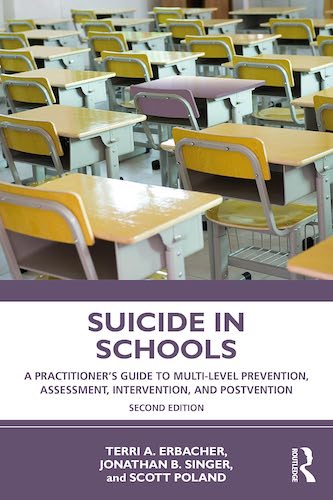The Connect to Care in Schools Study
Strengthening connections between school staff and students to support mental health and well-being
Study Description
The Connect to Care in Schools Study (C2C) aims to identify ways to strengthen the connections between school staff and students as a key approach to supporting students’ and staff’s mental health and well-being.
We want to understand the factors that help school staff build emotional connections with students, including students at greater risk of feeling isolated, and to explore how various community aspects impact school staff’s ability to connect and support all students effectively. We also acknowledge the challenging work conditions many school staff members face. As such, we also aim to identify the policies, procedures, and resources that school staff need to engage in effective connective work while also ensuring this work does not harm staff’s own well-being.
This research will ultimately guide the development of resources and strategies for schools to engage in effective, equitable, and sustainable upstream suicide prevention efforts. We have are committed to making the results of our research accessible and relevant to the communities we are working with.
Participation in the study is by invitation to schools, and the current plan is to survey staff in participating schools in Indiana and Colorado.
Regardless of whether you participate in this study, you are welcome to join our mailing list to hear about our results when the studies are concluded. You may also email study staff with questions at c2cstudy@iu.edu.
This work is supported by the State of Indiana Division of Mental Health and Addictions and the Humana Foundation.
Join the C2C in Schools Study Mailing ListOffers the first in-depth look at why U.S. youth suicide clusters happen and how to stop them, focuses on the role that the social environment plays in making kids vulnerable to suicide, and provides comprehensive and appropriate strategies for suicide prevention for parents, teachers, school administrators, and public health officials, including valuable insights on postvention from the perspective of youth and schools.


